
Vittorio De Sica was an Italian film director and actor, a leading figure in the neorealist movement.

Roberto Gastone Zeffiro Rossellini was an Italian film director, screenwriter and producer. He was one of the most prominent directors of the Italian neorealist cinema, contributing to the movement with films such as Rome, Open City (1945), Paisan (1946), and Germany, Year Zero (1948). He is also known for his films starring Ingrid Bergman, Stromboli (1950), Europe '51 (1952), Journey to Italy (1954), Fear (1954), and Joan of Arc at the Stake (1954).
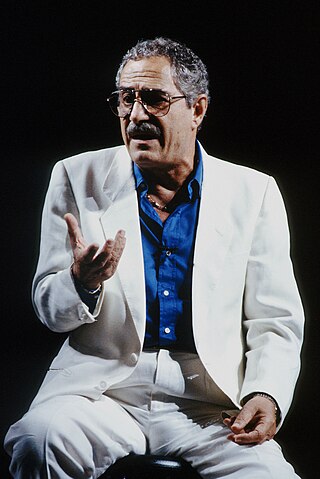
Saturnino "Nino" Manfredi was an Italian actor, voice actor, director, screenwriter, playwright, comedian, singer, author, radio personality and television presenter.
Carlo Rustichelli was an Italian film composer whose career spanned the 1940s to about 1990. His prolific output included about 250 film compositions, as well as arrangements for other films, and music for television.

Michele Placido is an Italian actor, film director, and screenwriter. He began his career on stage, and first gained mainstream attention through a series of roles in films directed by the likes of Mario Monicelli and Marco Bellocchio, winning the Berlinale's Silver Bear for Best Actor for his performance in the 1979 film Ernesto. He is known internationally for portraying police inspector Corrado Cattani on the crime drama television series La piovra (1984–2001). Placido's directorial debut, Pummarò, was screened Un Certain Regard at the 1990 Cannes Film Festival. Three of his films have competed for the Golden Lion at the Venice Film Festival. He is a five-time Nastro d'Argento and four-time David di Donatello winner. In 2021, Placido was appointed President of the Teatro Comunale in Ferrara.
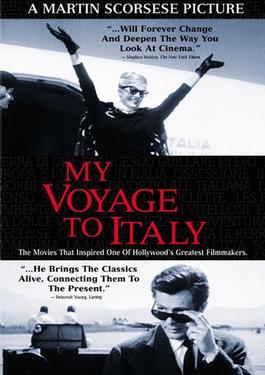
My Voyage to Italy is a personal documentary by acclaimed Italian-American director Martin Scorsese. The film is a voyage through Italian cinema history, marking influential films for Scorsese and particularly covering the Italian neorealism period.

Eraclio Petri, commonly known as Elio Petri, was an Italian film director, screenwriter, theatre director, and critic associated with the political cinema in the 1960s and '70s. His film Investigation of a Citizen Above Suspicion won the 1971 Oscar for Best Foreign-Language Film, and his film The Working Class Goes to Heaven won the Palme d'Or at the 1972 Cannes Film Festival.

Giuliano Montaldo is an Italian film director.

Gian Maria Volonté was an Italian actor and activist, remembered for his versatility as a performer, his outspoken left-wing leanings, and fiery temper on- and off-screen. He is perhaps most famous outside Italy for his roles in four Spaghetti Western films: Ramón Rojo in Sergio Leone's A Fistful of Dollars (1964) and El Indio in Leone's For a Few Dollars More (1965), El Chuncho Munoz in Damiano Damiani's A Bullet for the General (1966) and Professor Brad Fletcher in Sergio Sollima's Face to Face (1967).
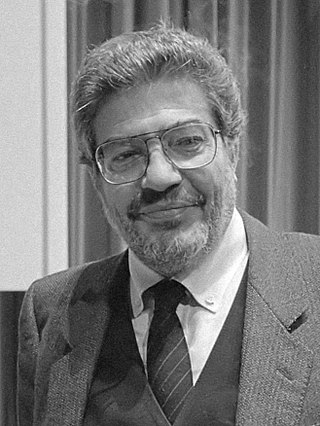
Ettore Scola was an Italian screenwriter and film director. He received a Golden Globe for Best Foreign Film in 1978 for his film A Special Day and over the course of his film career was nominated for five Academy Awards for Best Foreign Language Film.

Massimo Ranieri is an Italian singer, actor, television presenter and theatre director.

Aldo Fabrizi was an Italian actor, director, screenwriter and comedian, best known for the role of the heroic priest in Roberto Rossellini's Rome, Open City and as partner of Totò in a number of successful comedies.

Furio Scarpelli, also called Scarpelli, was an Italian screenwriter, famous for his collaboration on numerous commedia all'italiana films with Agenore Incrocci, forming the duo Age & Scarpelli.

Francesco Maselli, also known as Citto Maselli, was an Italian film director and screenwriter. He directed 38 films since 1949.
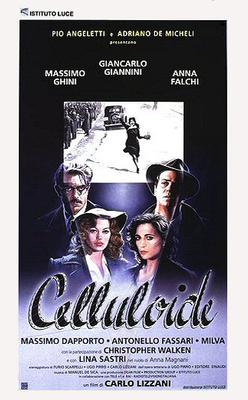
Celluloide is a 1996 Italian historical drama film directed by Carlo Lizzani from a screenplay by Furio Scarpelli, Ugo Pirro and Lizzani, based on the 1983 novel of the same name by Pirro. It stars Giancarlo Giannini, Massimo Ghini, Anna Falchi, and Lina Sastri.
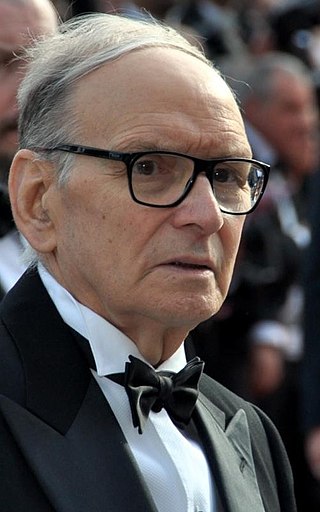
The David di Donatello for Best Score is a film award presented annually by the Accademia del Cinema Italiano to recognize outstanding efforts on the part of film music composers who have worked within the Italian film industry during the year preceding the ceremony. The award has been given every year since 1975, with the exception of the 1979 and 1980 editions.

Ugo Pirro was an Italian screenwriter and novelist.
Renzo Rossellini, also called Rossellini Jr., is an Italian film producer. He is the second son of costume designer Marcella de Marchis and film director Roberto Rossellini. Since 1964, he has produced 64 films.
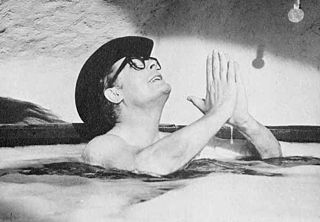
The list of the 100 Italian films to be saved was created with the aim to report "100 films that have changed the collective memory of the country between 1942 and 1978". Film preservation, or film restoration, describes a series of ongoing efforts among film historians, archivists, museums, cinematheques, and non-profit organizations to rescue decaying film stock and preserve the images they contain. In the widest sense, preservation assures that a movie will continue to exist in as close to its original form as possible.

Gaetano De Negri, known professionally as Giuliani G. De Negri, was an Italian film producer and screenwriter. He is best known for his collaborations with film directors Paolo and Vittorio Taviani, having penned some and produced all of their films since 1961.

















